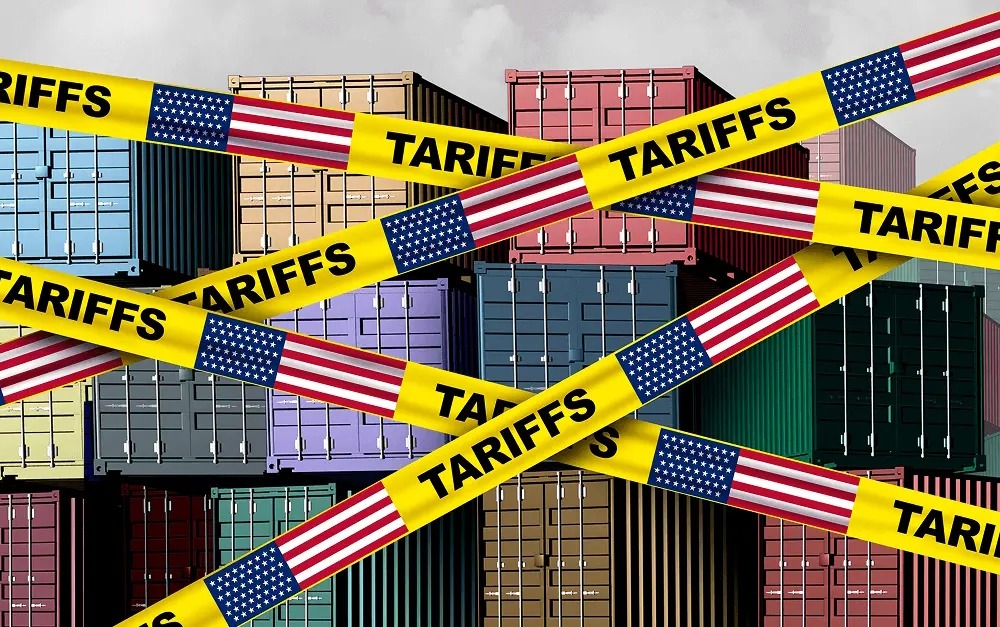Trump tariffs on automobiles, semiconductors, and pharmaceuticals

On Tuesday, President Trump indicated that he was contemplating imposing tariffs of 25% or higher on automobiles, semiconductors, and pharmaceutical products. The tariffs imposed on these industries could rise in the future, as Trump informed reporters assembled at his Mar-a-Lago club in Florida. He noted, however, that companies might be afforded a transition period to relocate production back to the United States.
Trump indicated that tariffs would be “in the neighborhood of 25%,” further asserting that they would “go very substantially higher over the course of the year.” Trump proposed a gradual implementation, indicating his desire to allow companies the opportunity to return to the United States. He indicated a willingness to permit “a little bit of a chance” for re-shoring production, though specifics were not disclosed.
The administration had earlier indicated its intention to impose tariffs on certain industries deemed vital to national security; however, Trump had not specified the potential magnitude of these levies. Last week, Trump declared his intention to impose a 25% tariff on imported steel and aluminum, following a prior increase of 10% on tariffs for Chinese goods. The proposed tariffs may be implemented in addition to the “reciprocal” tariff measures that the Trump administration claims will align U.S. tariffs with the duties and non-trade barriers imposed by other nations.
The administration has indicated that measures are expected to follow the conclusion of its trade policy review on April 1. This week, Maroš Šefčovič, the European Union’s trade commissioner, is in Washington to engage in discussions regarding tariffs and various trade disputes. Trump suggested that nations might engage in negotiations for reduced tariffs, reaffirming his assertion that the European Union had consented to lower auto tariffs in light of his recent threats—an assertion that the EU contests. Nonetheless, Trump expressed a willingness for the bloc or other countries to lower tariffs, asserting that it would create a level playing field among nations.
The applicability of new automotive tariffs remains uncertain, particularly regarding whether they will encompass all vehicles or provide exemptions for those adhering to the U.S.-Mexico-Canada Agreement, the revised Nafta accord ratified by Trump in 2020. The administration had earlier indicated to U.S. automakers that it might contemplate exemptions for those vehicles in light of Trump’s recent tariff threats directed at Canada and Mexico.










